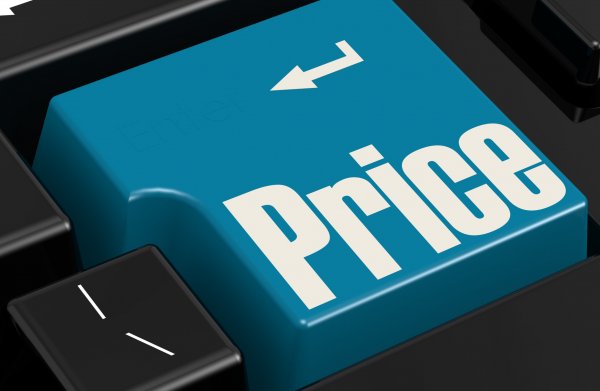Health minister Greg Hunt has announced the lowest average private health insurance premium increase in the past two decades.
Minister Hunt announced an average 2.74 per cent increase till take effect from 1 April 2021.
The 2.74 per cent increase follows an average 2.9 per cent increase in 2020. This year's increase was deferred or scrapped by insurers in response to the pandemic.
"Australian Government reforms designed to make private health insurance more affordable, simpler to understand and attractive for all Australians are working, and this record low change continues the current trend of low premium changes," said Minister Hunt.
Private Healthcare Australia chief executive Dr Rachel David said, "Health funds don’t want to increase premiums by a single dollar, but it is necessary to ensure health funds remain financially viable, meet statutory prudential requirements and most importantly, continue to be in a position to provide members with access to quality and timely healthcare.
“The only reason premiums go up at all is because health funds are paying for more healthcare."
The association said Australia's private health insurers paid $22 billion in benefits in the 12 months to the end of September 2020 while net margins fell to 2.1 per cent, the lowest since 2003.
“APRA [Australian Prudential Regulation Authority] data throughout 2020 has consistently shown there is no ‘windfall gain’ for Australian health funds as a result of COVID-19 restrictions," said Dr David.
"Health funds responded quickly and effectively to support their members during the COVID-19 pandemic and have either returned any savings to consumers already or are using them to fund the backlog of elective surgery. Given the elective surgery shutdown, the private health sector has done an outstanding job to keep surgeries over the year to September at 93% of the rate of the previous twelve months.
“The value of our mixed private and public health system has been clearly demonstrated during the COVID-19 pandemic. It showed our capability to provide extra surge capacity while maintaining high quality and delivering a critical safety net for Australian governments as they navigated the response."
Dr David added, “Affordability, however, remains a key issue for members and health funds and we are working with the government on the next phase of PHI reforms to bring down costs and reduce waste which will in turn reduce pressure on premiums."
Members Health CEO Matthew Koce said it was the seventh consecutive year that private insurers have delivered record low premium increases.
“Combined with hundreds of millions of dollars’ worth of customer support and hardship measures already delivered, health insurers have again proven their commitment to affordability and value for money during these extraordinary times,” he said.
“Health funds have stuck to their promises and stood by their members through the global COVID-19 pandemic. Now it is time for the Government to increase support for the more than 13.7 million Australians with health cover by ending cuts to the Private Health insurance rebate.”
Both Private Healthcare Australia and Members Health restated their call for the federal government to restore the Private Health Insurance Rebate to 30 per cent.
Medibank chief customer officer David Koczkar said the company's premiums will rise by an average of 3.25 per cent, its lowest increase in 20 years.
“2020 has been an extraordinary year and we have remained focused on supporting our customers through this difficult time. Some of our customers have struggled financially, some have even lost their jobs. But we’ve all experienced the uncertainty created by COVID-19," said Mr Koczkar.
“While we have supported our customers through COVID-19 – with a customer support package of more than $185 million – we knew we needed to keep the 2021 premium increase as low as possible."
Australian Unity also announced its lowest health insurance premium increase in 20 years with an average of 1.99 per cent.
“Throughout 2020 we proudly supported our members with COVID-19 hardship relief measures, a six-month premium increase deferral and the recognition of telehealth benefits.” said Australian Unity Health Insurance CEO, David Brajkovic.
